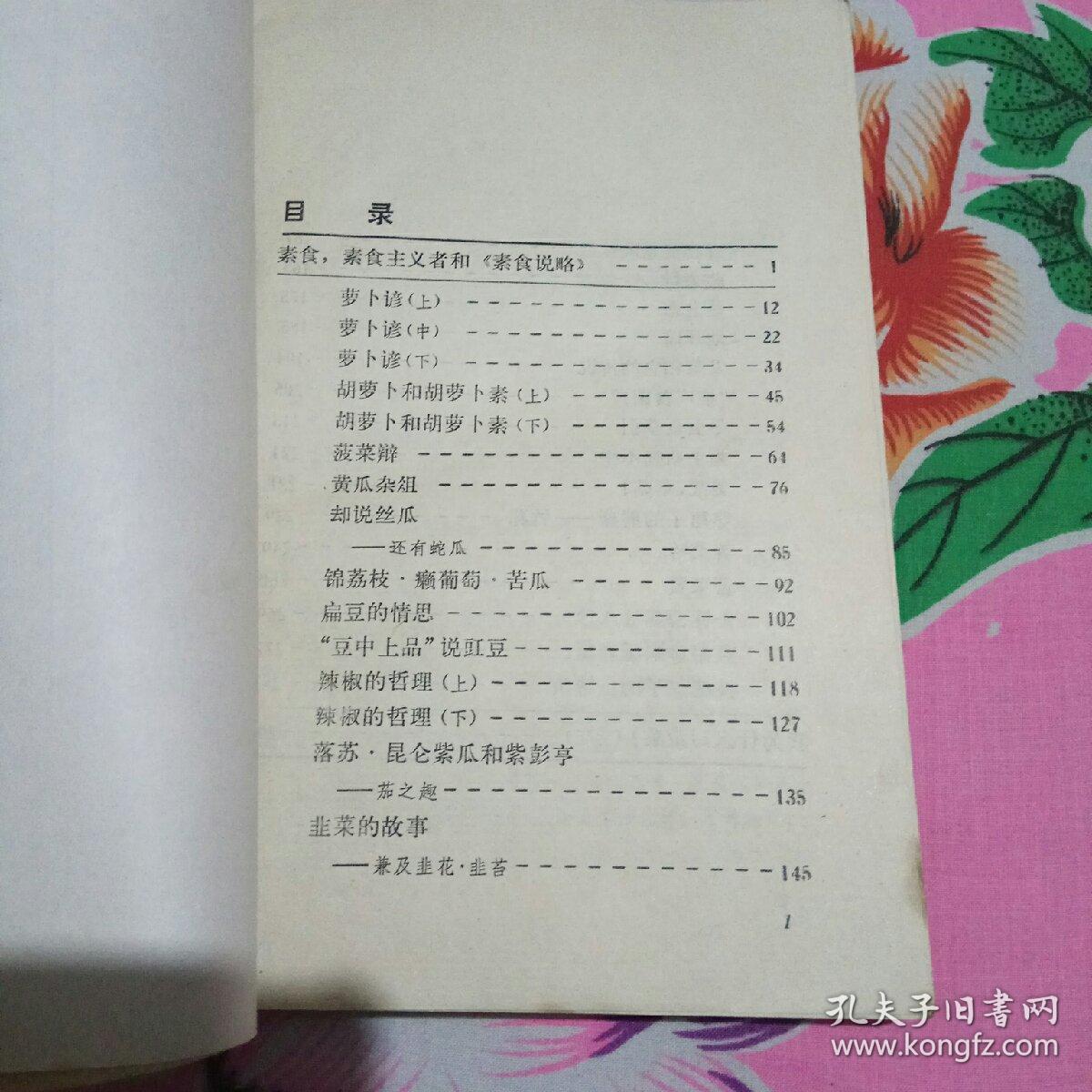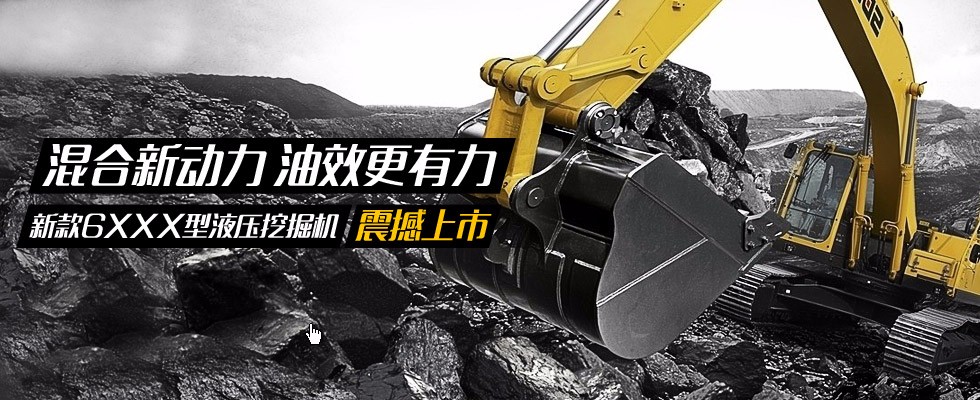新闻动态
更多+联系我们
更多+‘crown新体育app’中国电动汽车市场迎来井喷 但穆斯克为何充满危机感
Tesla Motors CEO Elon Musk has threatened to fire key executives from his China team after weak sales of the automaker’s luxury electric cars. And last week, the company’s chief marketing officer in China resigned. Although the media widely covered the management shakeup, the press has largely ignored the context: a massive boom in China’s market for electric cars. For after years of lackluster growth, electric vehicle sales in the world’s second largest economy are surging – and they are leaving Tesla TSLA -1.56% behind. This represents a striking change of pace for China’s electric vehicle industry, and is likely a key reason that Musk is flustered.由于中国区销量不欠佳,特斯拉CEO埃隆o穆斯克早已扬言说道要炒掉中国团队的核心高管。月初,特斯拉大中华区市场总监提交了请辞。尽管很多媒体报道了这场管理层地震,但这些报导忽视了一个最重要背景:中国的电动汽车市场正在获释根本性受到影响。经历了多年的沉闷快速增长之后,全球第二大经济体的电动汽车销量早已开始呈现出井喷之势——但特斯拉反而被甩在了后面。

这指出,中国的电动汽车行业正在再次发生引人注目的变化,它很有可能也是让穆斯克如此惊恐的一个关键原因。Growth in China’s electric vehicle industry has been a long time coming. Starting in the early 2000s, China made a lofty goal to leapfrog the West in automotive technology by becoming a world leader in electric cars. The government declared it would have around 500,000 electric vehicles on the road by 2011. That didn’t happen. In fact, China sold fewer than 6,000 that year. Even as electric vehicle sales have swelled in America and Japan, China’s attempt to surpass the U.S. in automotive technology has sputtered.经历了漫长的等候,中国电动汽车行业再一开始很快茁壮。
早于在新世纪伊始,中国就制订了一项壮丽的目标:首度沦为电动汽车领域的全球领导者,从而在汽车技术方面乘势打破西方。中国政府曾声称,到2011年,中国的道路上将经常出现50万辆电动汽车。
这一幕未经常出现。实质上,中国在2011年只卖出了将近6000辆电动汽车。随着美国和日本的电动汽车销量开始井喷,中国在汽车技术领域打破美国的希望随之宣告告终。Until recently, China’s lagging electric vehicle industry stood in sharp contrast to its overall auto industry. From 2000 through 2014, China’s auto market expanded at an astonishing rate. In 2000, the country produced fewer passenger cars than Spain – about 2 million, according to statistics from the International Organization of Motor Vehicle Manufacturers. However, China’s Association of Automobile Manufacturers reported last month that 2014 automotive sales surpassed 23 million – making China by far the largest auto market in the world. In 2011, the World Bank estimated per capita vehicle ownership in China at only 69 per thousand people, compared to about 800 per thousand people in the U.S. So China’s industry has significant room for growth.直到最近,中国比较领先的电动汽车业与汽车行业整体构成了鲜明对比。
从2000-2014年,中国的汽车市场仍然在以难以置信的速度快速增长。根据国际汽车制造商的组织的数据,2000年,中国生产的乘用车数量还不如西班牙,约只有200万辆。但据中国汽车工业协会上月公布的数据,2014年中国的汽车销量已多达2300万辆,一跃沦为全球仅次于的汽车市场。
据世界银行2011年估计,中国的人均汽车保有量大约为每千人69辆,而美国则为每千人800辆,所以中国仍有可观的快速增长空间。The rise of China’s auto industry has been fueled by foreign investment, oil and technology – and it has brought with it a suffocating smog epidemic in China’s largest cities that is driving away wealthy Chinese and foreign expats. China’s Minister of Science and Technology Wan Gang has long been working on a plan to replace foreign energy, innovation and capital with domestic resources. He is a former Audi engineer and over more than a decade, his goal has been to overtake the West in automotive technology by pushing China past the era of internal combustion engines and toward electric vehicles – thus setting the stage for China to dominate the $2 trillion-plus global auto market. Wan Gang also sees electric vehicles as one partial solution to China’s sooty air.中国汽车行业的兴起必不可少外国的投资、石油和技术,另一方面,汽车也给这个国家的城市带给了令人窒息的雾霾,被迫中国的富豪和在华外国人争相逃出。中国科技部长万钢仍然想要利用国内的资源代替外国能源、资本和技术。
万钢曾是奥迪公司的一名工程师,十几年来,他的目标仍然是推展中国由内燃机引擎时代过渡到电动汽车时代,在汽车技术领域打破西方,从而为中国支配价值2万亿美元的全球汽车市场扫平道路。同时万钢还指出,电动汽车是解决问题中国空气污染问题的解决方案之一。

My book, The Great Race: The Global Quest for the Car of the Future, tells how up until recently that project has been a series of ambitious failures. As late as January 2014, China was selling only about 600 electric cars per month – that same month the U.S. sold over 6,000.在《大竞赛:未来汽车的全球争霸赛》一书中,我描写了这个雄心勃勃的项目就在不久前是如何遭遇一连串告终的。直到2014年1月,中国每月不能售出大约600辆电动汽车——同一个月份,美国能售出6000多辆。
But during the last four months of 2014, China’s electric vehicle sales skyrocketed. In December alone, monthly sales of passenger and commercial electric vehicles hit 27,000. According to data from the China Automotive Technology Research Center and the Department of Energy’s Argonne National Laboratory, sales of electric cars in China surpassed sales of electric cars in the U.S. for the first time. In fact, China’s electric vehicle sales in December 2014 were almost 30 times higher than January 2014 sales.但就在2014年的最后4个月,中国的电动汽车销量开始突飞猛进。单单是去年12月,乘用和商用电动汽车的销量就超过了2.7万辆。根据中国汽车技术研究中心和美国能源部阿贡国家实验室的数据,中国的电动汽车销量首次多达美国。
事实上,中国2014年12月的电动汽车销量完全超过2014年1月的30倍。Many analysts say that the last four months of 2014 will be remembered as the stretch when China’s electric vehicle market finally turned a corner. If this growth continues, China may surpass the U.S. as the world’s largest market for electric vehicles in 2015.许多分析师回应,2014年的最后四个月将被当成中国电动汽车市场的里程碑载入史册。
如果这种快速增长继续下去,中国有可能将在2015年多达美国,沦为全球仅次于的电动汽车市场。All this raises a number of questions: First, are these sales figures reliable? Statistics on China’s automotive market are often vague and unreliable. But statistics from the China Automotive Technology Research Center – a massive technical body responsible for everything from crash testing to vehicle battery standards — tend to be good. Some would say they are the gold standard in Chinese automotive data. The website EV-sales.blogspot.com essentially confirmed the 2014 numbers – supported by sales numbers for individual models. EV-salesblogspot.com reported that Tesla was outsold by five domestic manufacturers in China: BYD, Kandi, Chery Zotye and BAIC.同时,这种快速增长的增势也引起了一系列问题:首先,这些销售数据否真实可信?中国汽车市场的统计数据常常是掺入了水分的,但作为负责管理中国汽车方方面面事务的大型科研机构,中国汽车技术研究中心既专门从事撞击试验、又制订汽车电池标准,因此它的数据应当是精确的。有些人说道他们是中国汽车数据的“黄金标准”。汽车网车站EV-sales.blogspot.com基本上认同了中国2014年的电动汽车销量,并附上了各款车型的销售数据作为承托。
同时该网站还认为,在中国有五家国内厂商的销量皆多达了特斯拉,他们分别是:比亚迪、康迪、奇瑞、众泰和北汽。That leads to a second question: why are sales booming? An analyst from the China Automotive Technology Research Center attributed the jump to the elimination of the vehicle tax on Chinese electric vehicles (until September 2014, buyers were taxed at 10% of the purchase price). But is it really possible that lifting a 10% tax could cause such a massive surge in sales? Perhaps. Policy-led price adjustments have sometimes had spectacular results in China’s auto market. For instance, when the country joined the World Trade Organization in 2001, it lowered import tariffs on foreign automobiles. That year, China’s auto market grew by 37%, as some domestic producers were forced to lower prices to remain competitive. When Chinese automaker First Automotive Works Tianjin reduced its sticker price for one model by 20%, sales shot up 900%, according to one study on the Chinese auto market.然后是第二个问题:中国电动车市场的销量为何攀升?中国汽车技术研究中心的一位分析师指出,这主要得益于中国中止了电动汽车购置税(在2014年9月之前,购置税超过了车辆出售价格的10%)。但单凭乘以一笔10%的购置税,否就能增进销量大幅度下降?也许吧。政策引领的价格调整有时不会给中国汽车市场带给根本性影响。
比如2001年重新加入世贸组织时,中国减少了进口汽车的进口税。同年,中国的汽车市场快速增长了37%,因为有些国产厂商不得不减少价格以维持竞争力。
另一份针对中国汽车市场的研究表明,天津一汽公司曾将一款车型的定价下调20%,结果销量攀升了900%。More recently, when China’s auto market started to slow in February 2008 – together with the rest of the world – the country sought to stimulate automotive sales and encourage its citizens to buy cleaner cars by cutting taxes on small displacement gasoline engines. In March, 2008 the central government cut taxes on these small cars to 5% from 10%. Auto sales jumped by 22% in April, and grew by 49% annually in 2009. Thatwas the year China became the largest auto market in the world.从2008年2月开始,中国汽车市场也和全球其他国家一样遇冷。为了性刺激销量并希望国民出售更加环保的汽车,中国政府减少了对小排量汽车的征收。

2008年3月,中央政府将小排量汽车的购置税由10%减少至5%。同年四月,汽车销量下降了22%,到2009年,汽车销量同比下跌了49%。也就是那一年,中国月沦为全球仅次于的汽车市场。It’s still far from clear what factors are driving China’s recent electric vehicle boom – and why Tesla was left out. It’s possible that year-end government procurement led to unusually strong numbers in December. Another possibility is that China’s policies to promote electric vehicles have finally reached a tipping point. For instance, to deal with traffic congestion in major Chinese cities, many municipal governments – including Beijing – have limited the number of new vehicle registrations. In Beijing, electric vehicles are exempt from this quota system.The central government has also instituted a new set of policies to encourage competition among domestic manufacturers — competitive pressure that was woefully lacking during the early years of China’s electric vehicle program. Perhaps locally produced vehicles have finally reached a quality threshold that make them attractive to Chinese buyers.我们现在预想搞清楚究竟是什么因素促成中国的电动汽车销量经常出现了这样大幅的攀升——以及为什么特斯拉被落在了后头。
有一种有可能是年终的政府订购造成12月经常出现了不同寻常的强势指标。另一种有可能是中国对电动汽车的扶持政策再一超过了临界点。
例如在中国的很多大型城市,为了应付交通堵塞,还包括北京在内的很多地方政府通过摇号容许新的车上牌。然而在北京,电动汽车可以减免摇号之苦。
中国政府还制订了一系列新政策,希望国内厂商相互竞争——而在中国积极开展电动汽车项目的那时候年,中国的电动汽车行业相当严重缺少竞争压力。国产汽车也许再一超过了一个质量阈值,开始对中国消费者产生吸引力。Whatever the reason, just as China’s electric vehicle market is taking off, Tesla is facing new competitive challenges at home and abroad. Traditional automakers like BMW, Volkswagen VOW3 and General Motors GM 0.16% are developing electric vehicles that are faster, cheaper, and boast better range than before. In fact, in October 2014, Volkswagen’s CEO Jochem Heizmann announced the company was developing more than 20 electric vehicles for the Chinese market. Then there is also the prospect of competition from newcomers like tech giant Apple AAPL -0.68% – which is hiring away Tesla’s engineers for princely sums and is rumored to be developing its own electric car. At the same time, Tesla is struggling to establish its brand in the world’s key emerging market at what may be a critical inflection point. That is a huge problem.不管原因是什么,随着中国电动汽车市场开始降落,特斯拉开始在国内外同时面对新的竞争挑战。
宝马、大众、标准化等传统厂商都在研发更加慢、更加低廉、续航更长的电动汽车。就在2014年10月,大众汽车集团CEO海兹曼还声称,大众汽车正在为中国市场研发多达20款电动汽车。
另外特斯拉还面对着来自科技巨头苹果等市场新进者的压力——苹果近日重金挤到了特斯拉的工程师,而且据传目前正在研发自家的电动汽车。而与此同时,就在中国这个关键的新兴市场上早已转入最重要的拐点时,特斯拉还没充份在中国创建起它的品牌,这感叹一个大问题。Perhaps that explains why Musk is losing his cool over weak China sales. Up until recently, China has been an underperforming electric vehicle market, and Tesla has been an over-achieving electric vehicle company. Suddenly, that equation has flipped.也许这就说明了为什么穆斯克面临低迷的中国区销量而无法耐心。直到最近,中国的电动汽车市场仍然展现出不欠佳,而特斯拉则是一家在电动汽车领域取得了重大成就的公司。
忽然之间,这种均衡就被刷了个个儿。
本文关键词:皇冠新体育app,皇冠app下载安装,crown新体育app
本文来源:皇冠新体育app-www.hndmkqz.com

